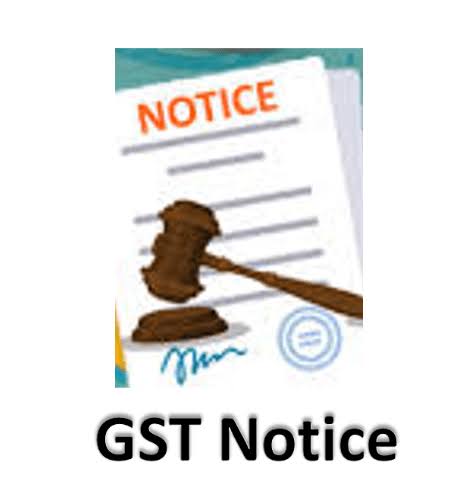
4.4 1985 Customers
Consult an Experienced Professional on tax matters.
Please fill in your details to schedule an appointment
GST Notices are formal communications issued by tax authorities under the Goods and Services Tax (GST) regime. These notices are typically sent to highlight discrepancies in returns, seek clarifications, demand payments, or initiate proceedings in case of non-compliance. It is essential for taxpayers to address such notices promptly and accurately to avoid penalties, interest, or legal consequences.
Understanding the nature of these notices, their implications, and the appropriate course of action is vital for ensuring seamless GST compliance.
A GST notice is an official intimation from the GST Department, which may pertain to:
Notices may vary depending on the nature of non-compliance and can take the form of a request for clarification, show cause notice (SCN), audit notice, or demand notice.
Here are some frequently issued notices under the GST framework:
Under Section 169 of the CGST Act, the following are the accepted modes for serving GST notices:
Any notice served through unauthorized means holds no legal enforceability.
Authorities may issue notices for several reasons, including:
| S.No | Notice/Form | Purpose | Action Required | Response Timeline | Consequence of Ignoring |
|---|---|---|---|---|---|
| 1 | GSTR-3A | Default notice for non-filing | File pending returns, pay dues | 15 days | Penalty & estimated tax |
| 2 | CMP-05 | Composition scheme eligibility query | Justify eligibility | 15 days | Denial of scheme |
| 3 | REG-03 | Additional info for registration | Respond with REG-04 | 7 working days | Application rejection |
| 4 | REG-17 | Show cause for cancellation | Respond via REG-18 | 7 working days | Cancellation in REG-19 |
| 5 | REG-23 | Revocation notice | Reply with REG-24 | 7 working days | Rejection of revocation |
| 6 | PCT-03 | Practitioner misconduct | Provide explanation | As per notice | License cancellation |
| 7 | RFD-08 | Refund rejection show cause | Respond via RFD-09 | 15 days | Rejection via RFD-06 |
| 8 | ASMT-10 | Scrutiny of returns | Clarify with ASMT-11 | Up to 30 days | Best judgment assessment |
| 9 | ASMT-14 | Non-filing-based assessment | Reply and appear | 15 days | Unfavorable assessment |
| 10 | DRC-01 | Tax demand (SCN) | Pay/respond using DRC-03/06 | 30 days | Interest, penalty, prosecution |
Follow these steps if you receive a GST notice:
Non-response or delayed response to a GST notice may lead to:
Handling GST notices requires precision, documentation, and timely action. If you're unsure how to respond or need assistance drafting a response, consider consulting a qualified GST practitioner or tax advisor to ensure compliance and avoid unnecessary complications.
At Hiva Professionals, we specialize in providing expert advice and solutions for GST compliance. Our team of experienced tax professionals ensures that:
Choose Hiva Professionals for reliable and efficient GST support, and stay on top of your compliance requirements with peace of mind.
© Copyright © 2025. All rights reserved.